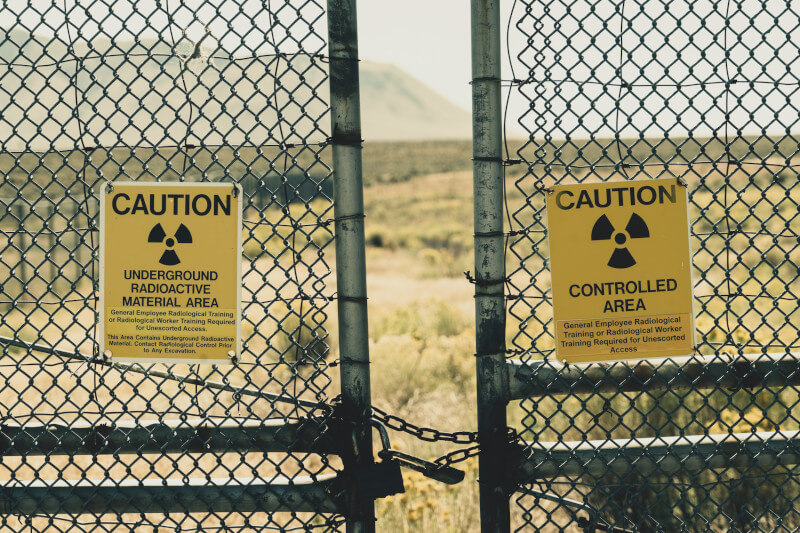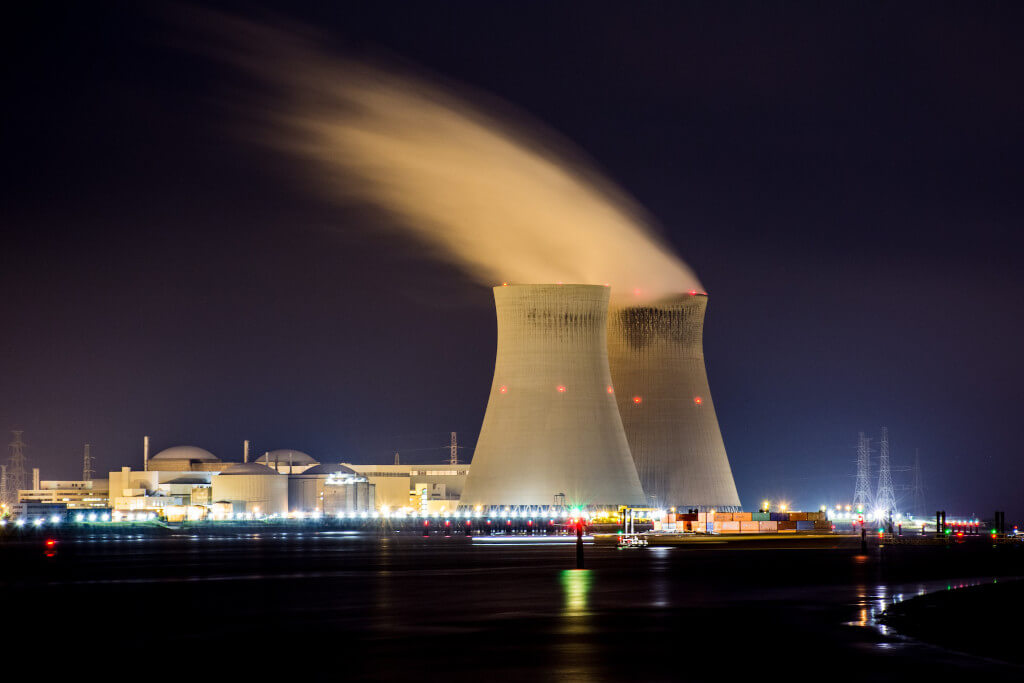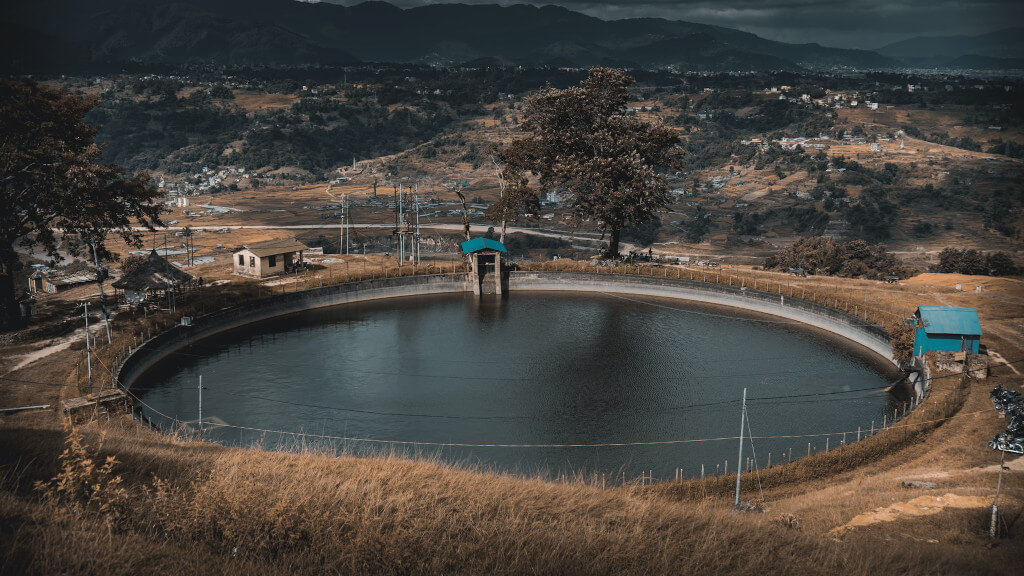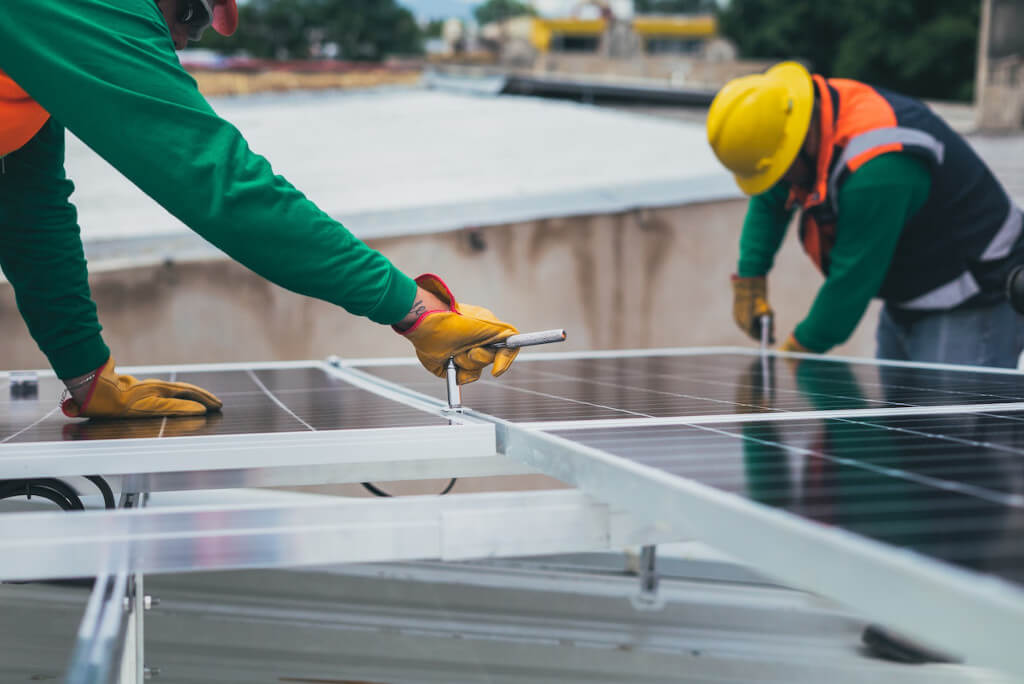Nuclear power – it’s a term that ignites various emotions. From its undeniable potential to the challenges it poses, this energy source remains a focal point of global discussion. As you browse through the offerings on AfricaNova, it’s time to shed light on nuclear power, specifically focusing on its potential benefits, the intricacies of nuclear waste, and the solutions available to manage it.
Nuclear Power is A Green Energy Contender
It’s an impressive fact: 455 reactors currently generate almost 20% of the world’s total energy. Why? Because, contrary to popular belief, nuclear power stands tall as one of the safest and cleanest forms of electricity generation. Yes, incidents like Chornobyl and Fukushima have scarred its reputation, but when we look at the bigger picture, nuclear’s track record in deaths per kilowatt-hour generated is minimal – even beating out seemingly harmless energy sources like solar and wind.
Unlike coal and oil, nuclear power doesn’t release greenhouse emissions. It doesn’t bow to the whims of weather, unlike solar, wind, and hydroelectricity. This consistency and eco-friendly stance suggest that nuclear power could indeed regain its lost glory as a leading green energy source.
Radioactive Waste Is The Main Challenge

However, it’s essential to address the elephant in the room: radioactive waste. For all the benefits nuclear power offers, this remains its Achilles heel. Over the past forty years, a staggering 62,500 metric tonnes of waste has accumulated, with an annual addition of about 2,300 tonnes. The fact that this waste will retain its radioactive nature for thousands of years is daunting.
The historical context makes this scenario more complex. Initially, nuclear power’s pioneers foresaw a cycle wherein spent fuel would be repurposed and used. However, as the nuclear industry evolved, driven by economics and feasibility, this strategy was abandoned, leading to a surge in nuclear waste.
Differentiating the waste, there are three primary categories:
- Low
- Intermediate
- High-level
While low and intermediate-level waste have a shorter radioactive lifespan (under 300 years) and can be managed relatively easily, high-level waste, primarily spent fuel from reactors, remains radioactive for tens of thousands of years.
Considering this prolonged lifespan exceeds our current civilization’s timeline, any disposal mechanism must guarantee that these radioactive elements remain out of our environment, safe from human intervention. While there have been various proposals, deep geological burial has become the cornerstone of modern waste disposal.
What Is Geological Disposal?
Understanding the nature of the radioactive elements in nuclear waste is essential to grasp how geological disposal functions. Spent fuel has a complex mix of radionuclides. This mix includes residues from the fuel itself, fission products, actinides, and activation products.
The way we manage this waste has evolved. Initially stored in actively cooled pools immediately after being removed from reactors, waste now finds itself in dry casks under constant surveillance right at the nuclear power stations. Countries like Finland, Sweden, and South Korea, recognizing the challenges of long-term monitoring, have sought refuge in deep geological repositories.
Here, waste is buried deep within stable geological formations, ensuring minimal groundwater migration. But the protection doesn’t stop there. Current disposal techniques deploy multiple barriers, enveloping waste in layers of protection. From the fuel itself, zirconium cladding, to storage casks made of corrosion-resistant materials like copper, and even dense clay-like substances like bentonite – every measure is taken to ensure that the waste remains contained.
The Human Factor
While the technical solutions sound robust, the human dimension remains unpredictable. How do we ensure that future generations, unaware of these repositories, don’t accidentally stumble upon them? Some argue for erasing all records of these repositories, while others propose leaving behind a warning marker.
Here at AfricaNova, we believe in empowering you with a holistic understanding of pivotal topics. While nuclear power poses immense potential, the challenges it brings, especially in waste management, cannot be understated. It’s a balance of embracing a green energy source while grappling with its by-products. Whatever the future holds, awareness, discussion, and innovation will guide our path forward.




